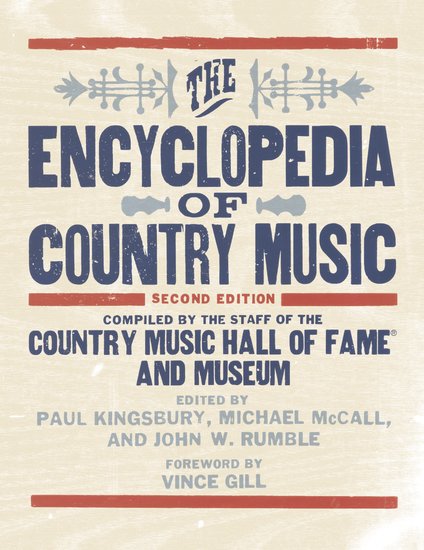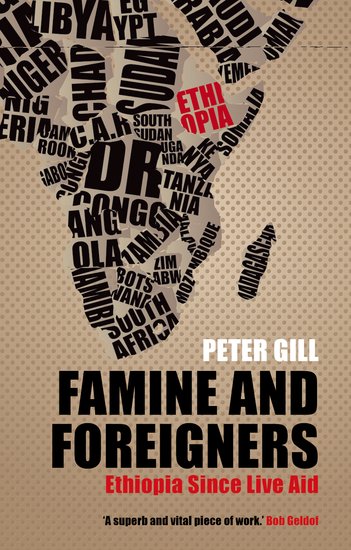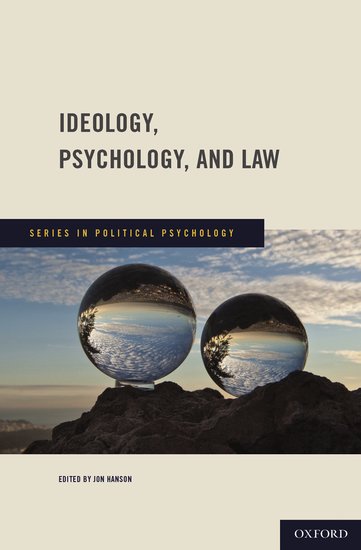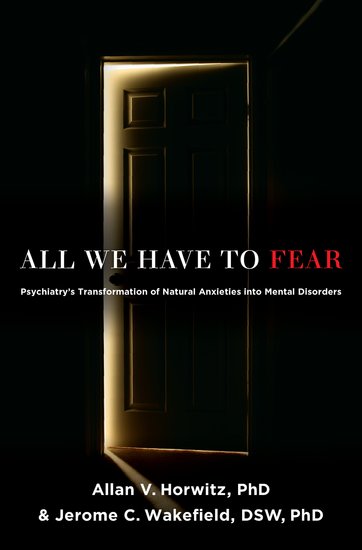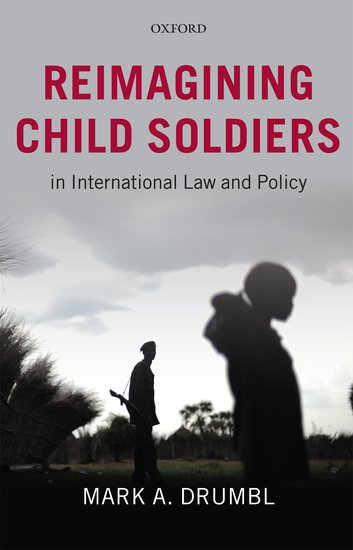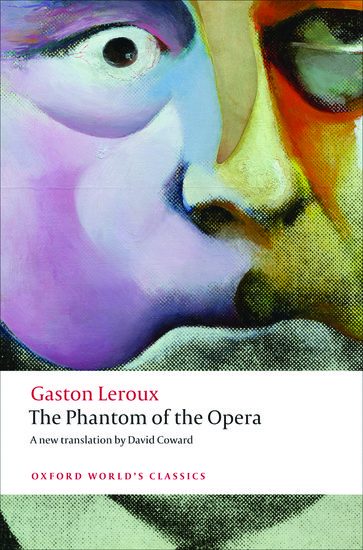Quiz on country music,
Level 2: Ring of fire
Let’s test your knowledge from honky tonk to hillbilly blues. Here’s the second of a three-part quiz on the twang of guitars and accents, compiled by the Country Music Hall of Fame and Museum, Michael McCall, John Rumble, and Paul Kingsbury — authors of The Encyclopedia of Country Music. You can still go back and take “Quiz on country media, Level 1: Walk the line.” All this is running up to the 47th Annual Academy of Country Music Awards is this Sunday, April 1st. Can you pass all three levels of our a country music knowledge challenge?

